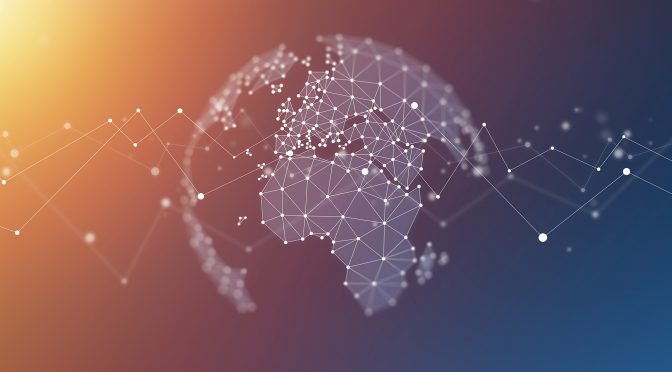Africa has a huge renewable energy capacity of 2,000 gigawatts (GW), according to a recent report by Abu Dhabi Future Energy Company (Masdar) and PwC Middle East. This capacity has the potential to meet the basic energy needs of the local population, which will have a significant impact on electrification rates. As one of the regions with the least access to electricity, with approximately 220 million people without electricity, West Africa faces a pressing need for sustainable solutions.
Historically, the cost of electricity in sub-Saharan Africa has been among the highest in the world. To address this challenge and meet social and economic demands, the report titled “Accelerating Renewable Energy Investment in West Africa” emphasizes the urgent need for pro-investment policies that prioritize renewable energy projects. These initiatives would not only contribute to decarbonizing the economy, but would also serve as a means to close the energy access gap faced by more than 600 million people in Africa.
Dr Sultan Al Jaber, Chairman of Masdar and President of COP28, says the expansion of renewable energy is essential for Africa to achieve both economic development and decarbonisation goals. By adopting clean energy technology, the continent can mitigate the devastating impacts of climate change while boosting its socioeconomic growth.
Working closely with African partners, Masdar remains committed to supporting the clean energy transition in Africa. Notable companies, such as the Parc Eolien Taiba N’Diaye wind farm in Senegal, which supplies clean energy to more than 2 million people, and the five wind farm projects in South Africa with a combined electricity generation capacity of more than 600 MW , demonstrate the strong contribution of Masdar. to decarbonization efforts across the continent.
Mohamed Jameel Al Ramahi, CEO of Masdar, highlights the need for Africa to significantly accelerate its renewable energy efforts. Al Ramahi emphasizes the importance of mobilizing climate finance towards the renewable energy sector in Africa, integrating public, private and development capital. To support this cause, Masdar has committed $2 billion as part of its collaboration with Africa50, with the ultimate goal of mobilizing $10 billion by 2030.
Investment in renewable energy facilities will play a crucial role in Africa’s sustainable future. With a current installed base on the continent of 59 GW, planned investment plans of US$10 billion aim to develop an additional 10 GW of renewable energy capacities by 2030. This ambitious vision, together with effective implementation strategies and collaborations, positions Africa on the path to energy transformation and overall socioeconomic advancement.
Frequently asked questions
- What is Africa’s renewable energy capacity?
Africa has a renewable energy capacity of 2,000 gigawatts (GW), a report by Masdar and PwC Middle East reveals.
- How many people in West Africa lack access to power?
Approximately 220 million people in West Africa currently live without access to electricity.
- Why is investment in renewable energy crucial for Africa?
Investing in renewable energy is essential for Africa to achieve its economic development and decarbonization goals, while reducing the energy access gap and mitigating the impacts of climate change.
- What is Masdar’s contribution to Africa’s clean energy transition?
Masdar is actively working with Africa to achieve the clean energy transition that the continent needs and has been involved in important projects such as the wind farm in Senegal and several wind farms in South Africa.
- How much renewable energy capacity does Africa aim to achieve by 2030?
Africa aims to develop an additional 10 GW of renewable energy installations by 2030, with a current installed base of 59 GW.


